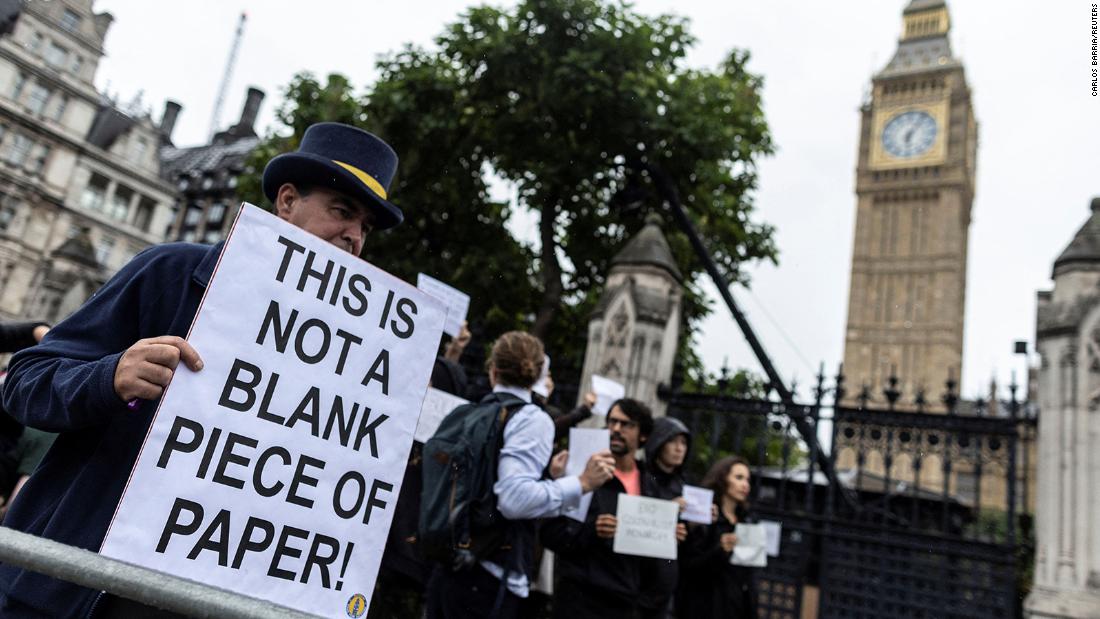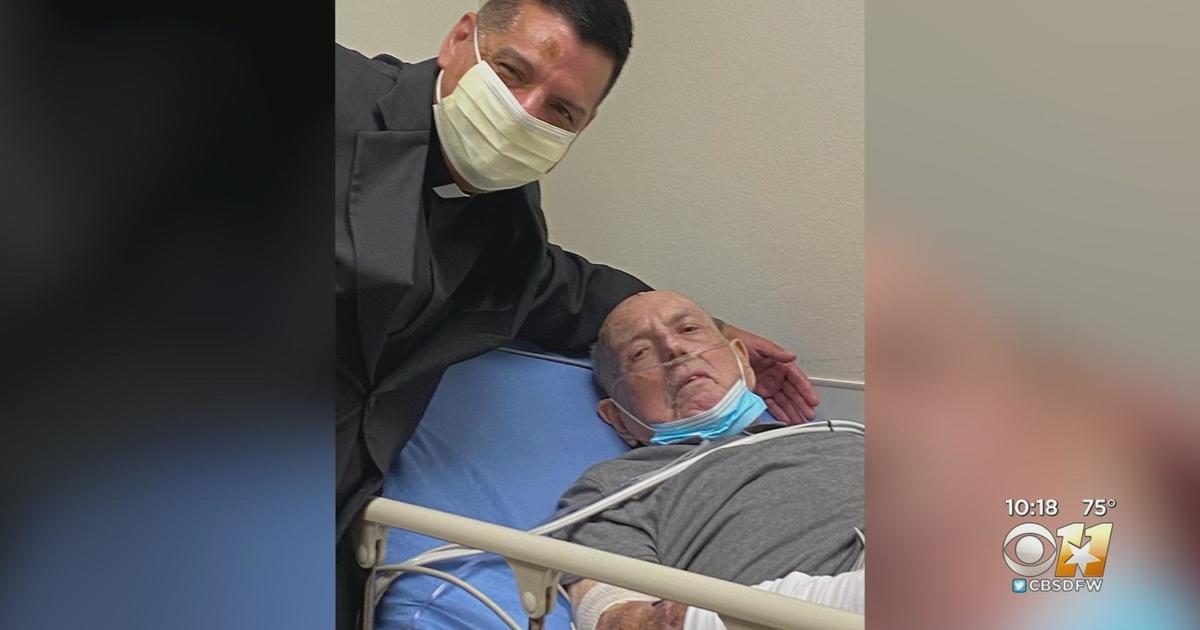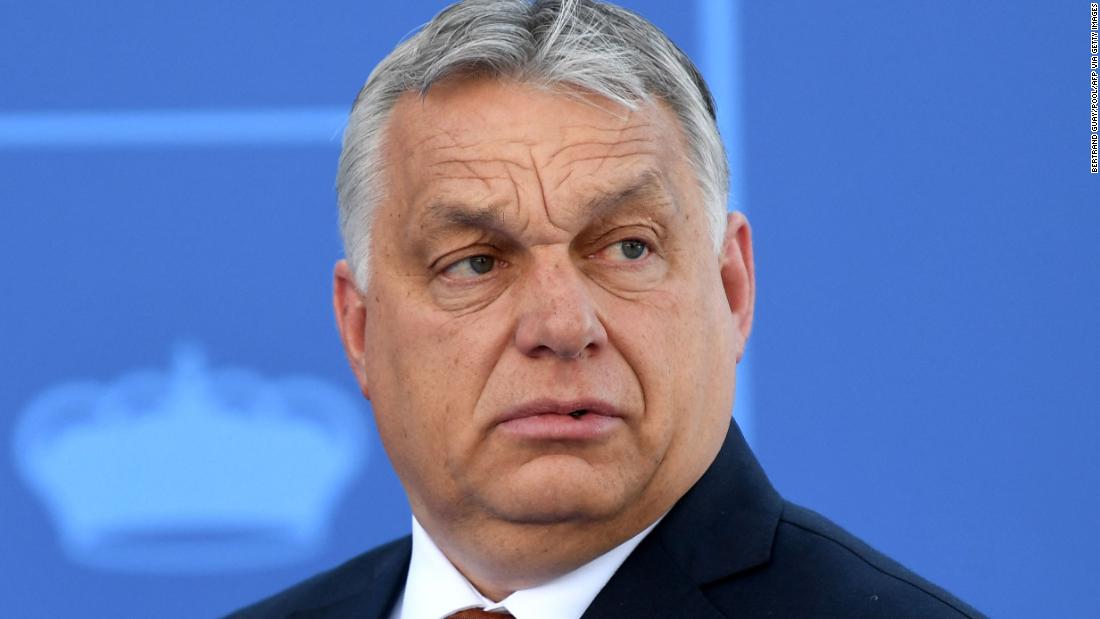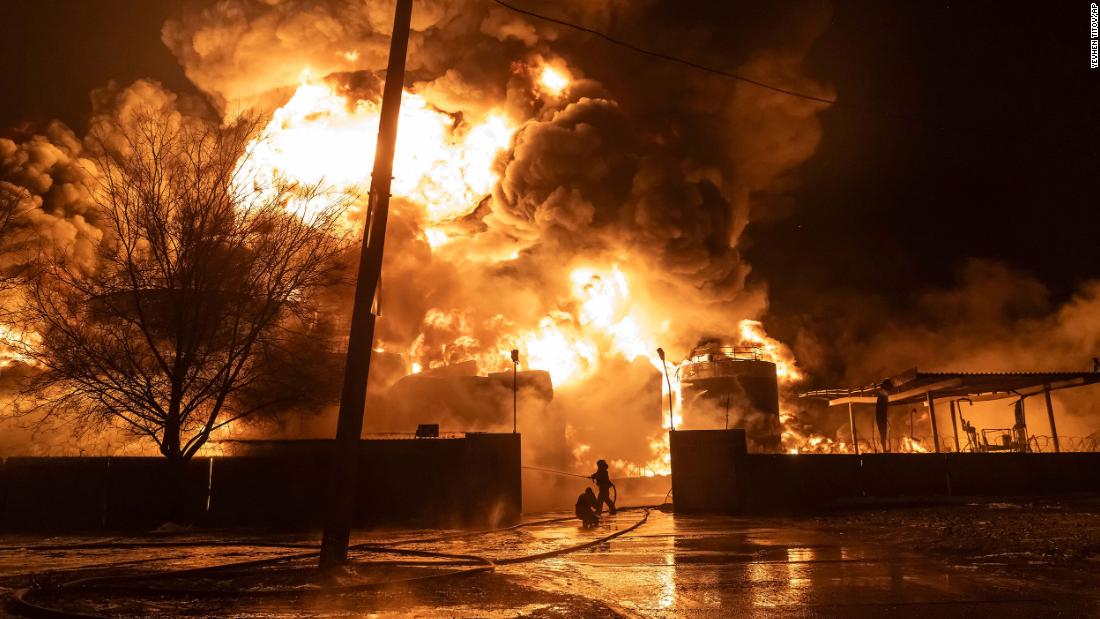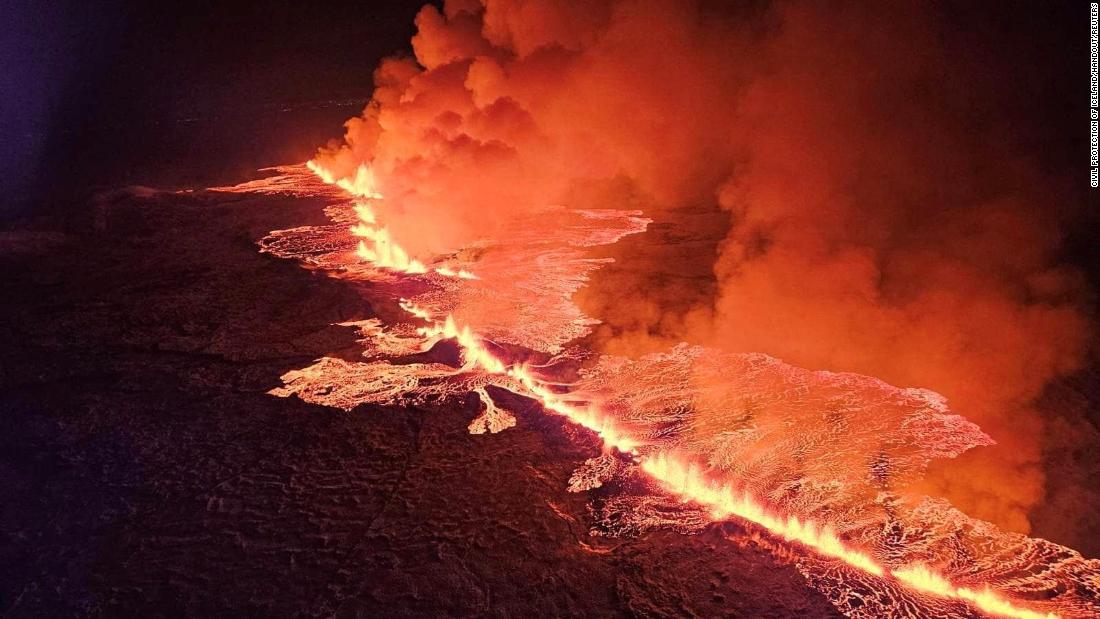‘Not my King’: Anti-monarchy protesters face police crackdown in the UK

Liberty, a civil rights advocacy group, expressed its concern, saying in a statement: “It is very worrying to see the police enforcing their broad powers in such a heavy-handed and punitive way to clamp down on free speech and expression.”
CNN spoke to some of those who faced police action this week after publicly criticizing the royal family.
Symon Hill, from Oxford, was on his way home from church on Sunday at about 12:30 p.m. The 45-year-old told CNN that the roads in the city center had been cordoned off for a procession, making it hard for him to get through the crowds. Realizing King Charles III’s accession was about to be proclaimed by local officials, Hill decided to listen rather than pushing through to get home.
“They started reading out about Elizabeth II and expressing grief for her death,” Hill said. “I certainly wouldn’t interrupt that. I’ve never intruded on an act of mourning. That’s not something I would ever do.”
But when King Charles was declared to be “our only lawful and rightful Liege Lord,” Hill said he called out: “Who elected him?”
“Only people really nearby could have heard. A couple of people told me to shut up. I responded that a Head of State is being imposed without our consent,” something he found “hard to stomach.”
Hill said he was “gobsmacked” by what happened next, describing how he was pushed back by security guards. “Then police intervened, grabbed hold of me, handcuffed me, and put me in the back of a police van,” he said. “It was probably no more than five minutes since I’d called out ‘who elected him?'”
Hill said that, once he was in the police van, he repeatedly asked officers what law he was being arrested under. “They didn’t seem to be very sure, which is quite worrying. Surely arbitrary arrest is not something we should have in a democratic society.”
Hill said he was given conflicting reasons for his arrest, as police were unsure about whether to take him into custody.
“After a lot of the police talking to each other and to their superiors through their radios, the policeman in the van with me told me that I’d be de-arrested and taken home, but that I would be contacted and asked to give an interview at a later date. He said I could still be charged with something. Even at this point they hadn’t answered my questions about under what law I’d been arrested under.”
Hill said he was told by police officers on the drive home that he had been arrested under the Police, Crime, Sentencing and Courts Act 2022, a controversial piece of legislation introduced this year which widens police powers to clamp down on protests.
However, a statement from Thames Valley Police to CNN on Wednesday said Hill had been arrested under Section 5 of the Public Order Act 1986, which covers offenses causing “harassment, alarm or distress.”
The confusion shows the uncertainty surrounding the right to free expression in the UK, after the 2022 Act “broaden[ed] the range of circumstances in which police may impose conditions on a protest.” Under clause 78 of the new Act, it is an offense for protesters to “intentionally or recklessly caus[e] public nuisance” — including causing “serious annoyance.”
‘Where does it end?’
Speaking to CNN, Steve Peers, a professor of EU and human rights law at the University of Essex, noted how wide these new police powers can be. “All you need to do is find one person — which wouldn’t be hard in a crowd of people who were mostly paying respects to the Queen — to be offended by someone who is there to protest the monarchy as a whole.”
“You could equally say that anybody holding up a sign saying ‘We love the monarchy’ is being seriously annoying to somebody who doesn’t like the monarch. Where does it end?”
Paul Powlesland, a London barrister, was at work on Monday when he saw media reports of protesters being arrested for expressing anti-monarchy opinions. “In these moments when the consensus is so uniform, that’s when free speech is most at risk. I thought it was important to go down and make a point about freedom of expression,” he told CNN.
Like Hill, Powlesland said he did not want to interrupt expressions of royal mourning. He did not travel to Buckingham Palace, where people were paying their respects to the Queen. Rather, he went to Parliament Square, a traditional site of political protest in London, opposite the Houses of Parliament.
Powlesland stood alone and held up a blank piece of paper. Within a few minutes, he said “a police officer came up and asked for my details. He said if I wrote ‘Not my King’ on it, I would probably be arrested because it’s offensive under the Public Order Act.”
“I couldn’t risk actually writing anything on it because I couldn’t be arrested because I had to represent my client in a tribunal the next morning. That’s the crucial point: Even the threat of arrest has a very chilling effect on free speech and the right to protest.”
CNN asked the Metropolitan Police to confirm their stance on those expressing anti-monarchy views. The Met responded: “People have a right to freedom of expression and we must balance the rights of protesters with those of others who wish to grieve and respect.”
‘A dangerous precedent’
Meanwhile, in an isolated incident in the Scottish capital on Monday, a 22-year-old man was arrested “in connection with a breach of the peace on the Royal Mile,” Britain’s PA Media news agency reported.
Whether police are cracking down using powers under the Public Order Act 1986 or the recently-established Police, Crime, Sentencing and Courts Act 2022, there are freedom of expression concerns.
Liberty said in a statement to CNN: “The Police, Crime, Sentencing and Courts Act has made it much harder for people to stand up for what they believe without facing the risk of criminalization … As we’ve already seen this week, this is stifling our freedom to protest, and setting a dangerous precedent for the future.”


